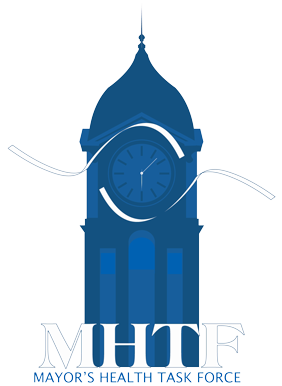BOSTON (August 08, 2017)—The Massachusetts Department of Public Health (DPH) today announced that 36 additional communities are now at moderate risk for West Nile virus (WNV), bringing the total number of communities at moderate risk to 59 spread across eight counties. Moderate risk means mosquito activity is substantial enough that people should use personal protection to avoid being bitten by a mosquito. There have been no human cases of WNV this year.
The eight counties are Essex, Middlesex, Norfolk, Worcester, Hampden, Hampshire, Franklin, and Suffolk counties. The Pioneer Valley in western Massachusetts and Worcester and its surrounding communities are experiencing more West Nile virus positive mosquito activity this year than in a typical season, said DPH Deputy State Epidemiologist Dr. Catherine Brown.
WNV is usually transmitted to humans through the bite of an infected mosquito. In 2016, there were 16 human cases of WNV infection identified in Massachusetts. While WNV can infect persons of all ages, people over the age of 50 are at higher risk for severe disease. Most people infected with WNV will have no symptoms. When present, WNV symptoms tend to include fever and flu-like illness. In rare cases, more severe illness can occur.
For the full article, visit: News Release from the Department of Public Health





